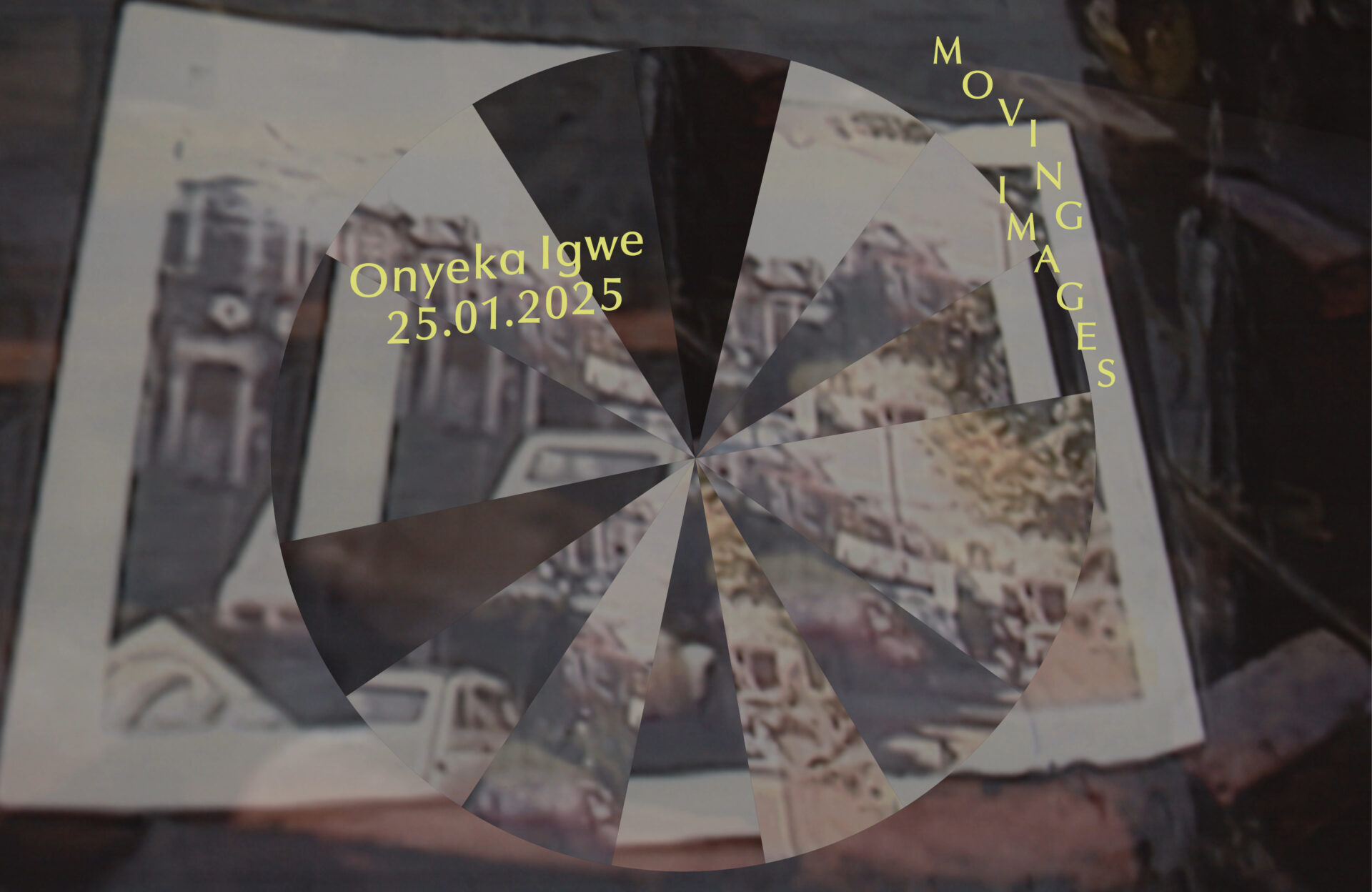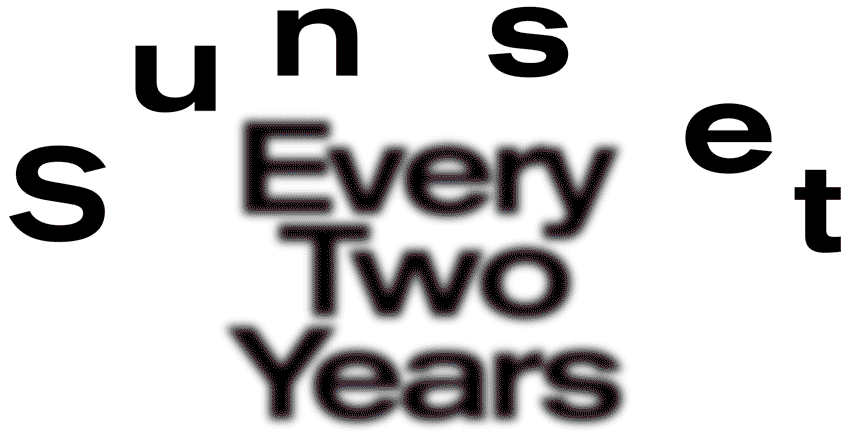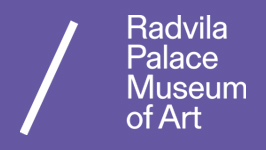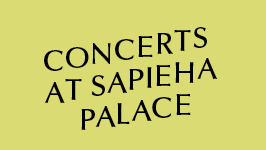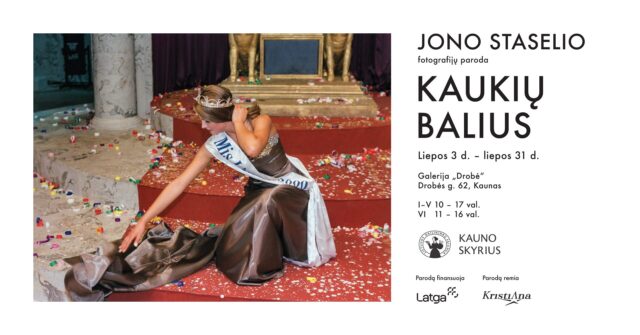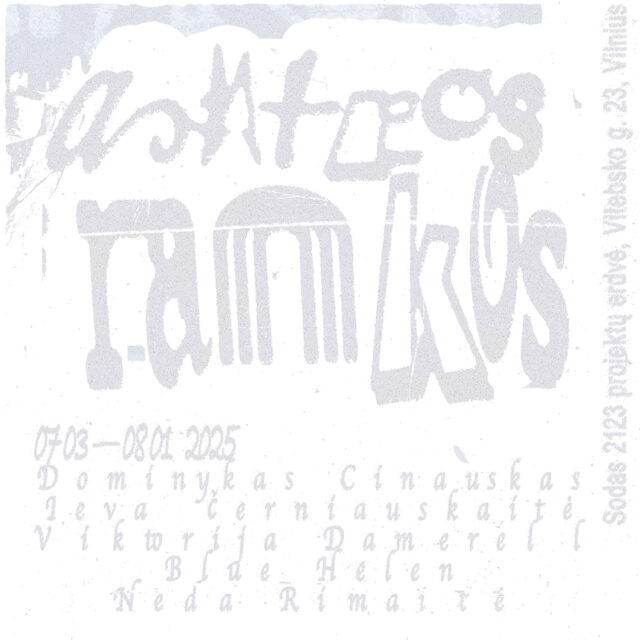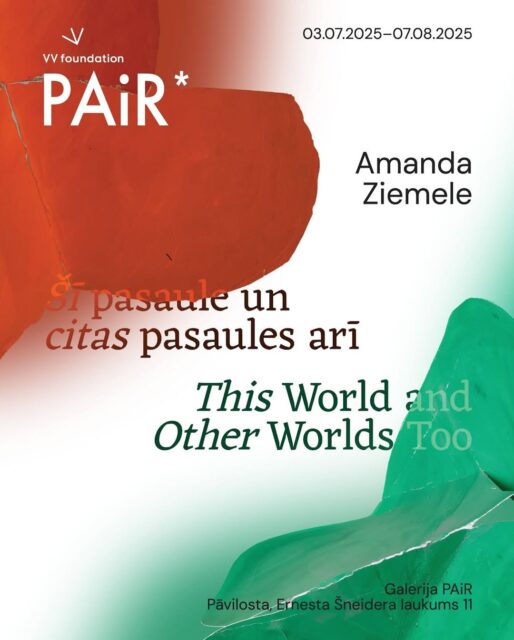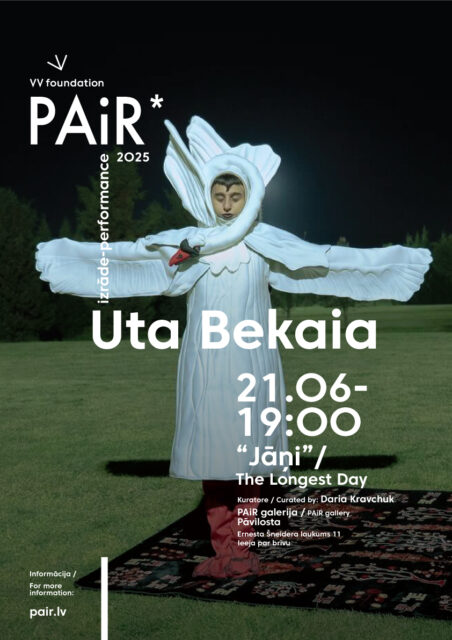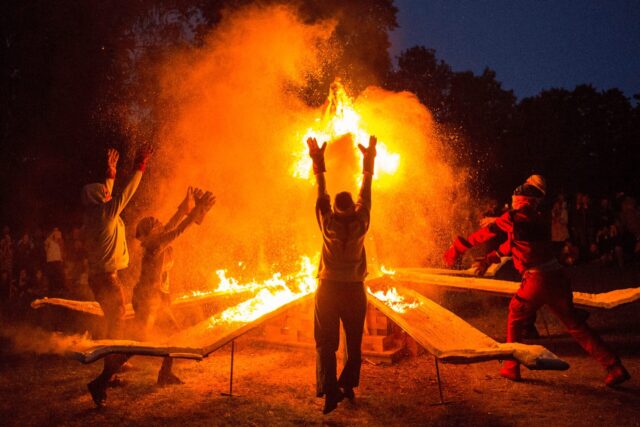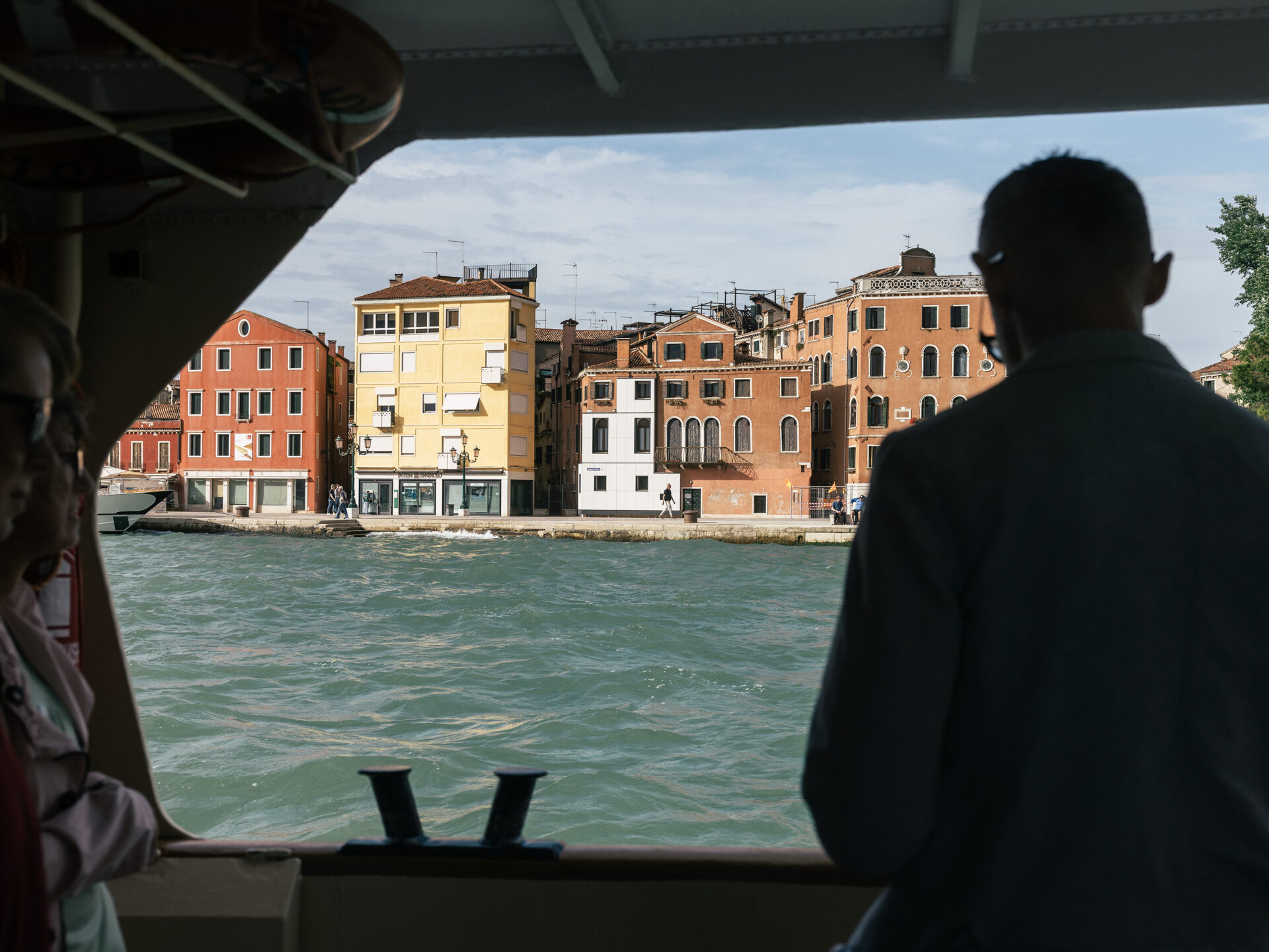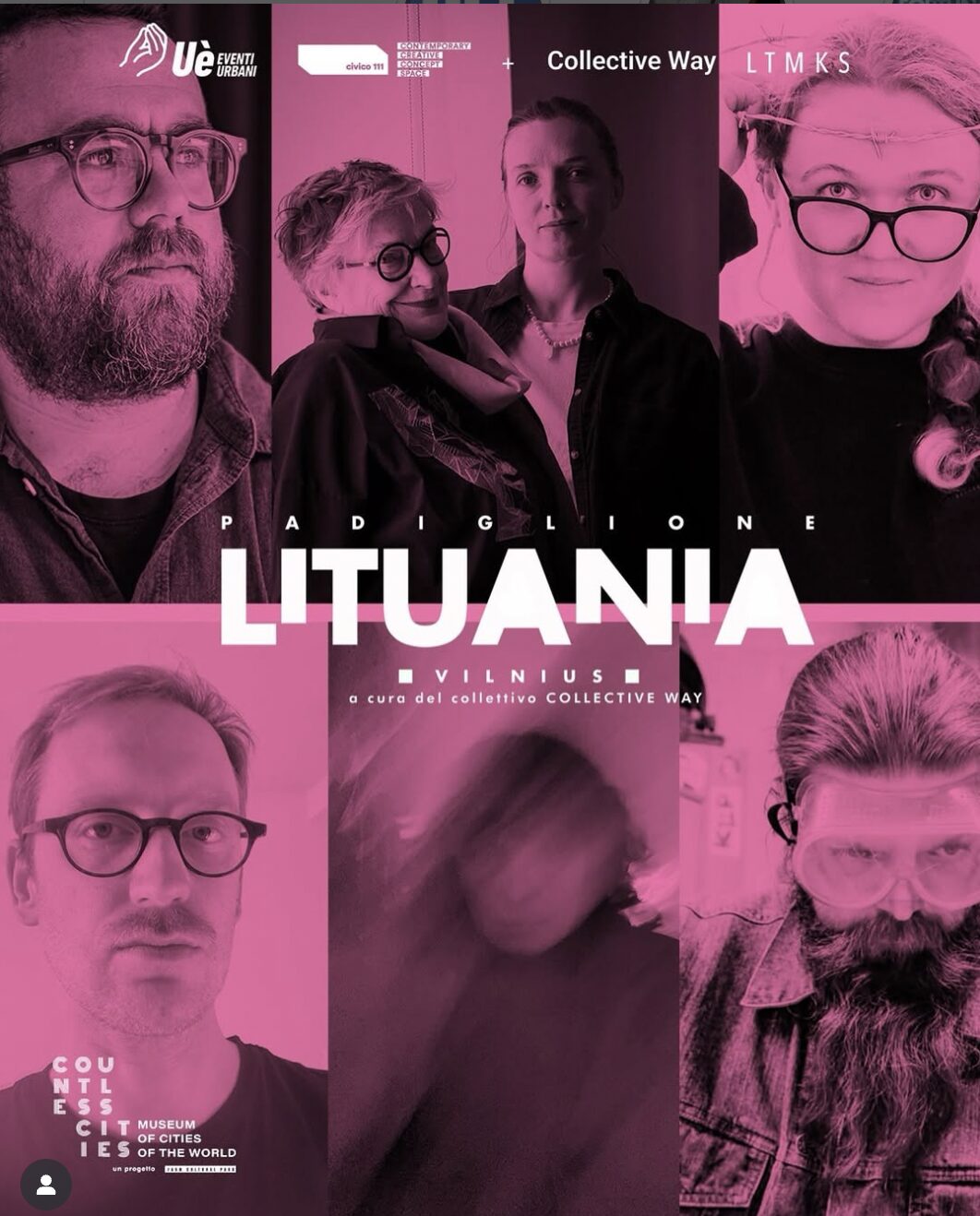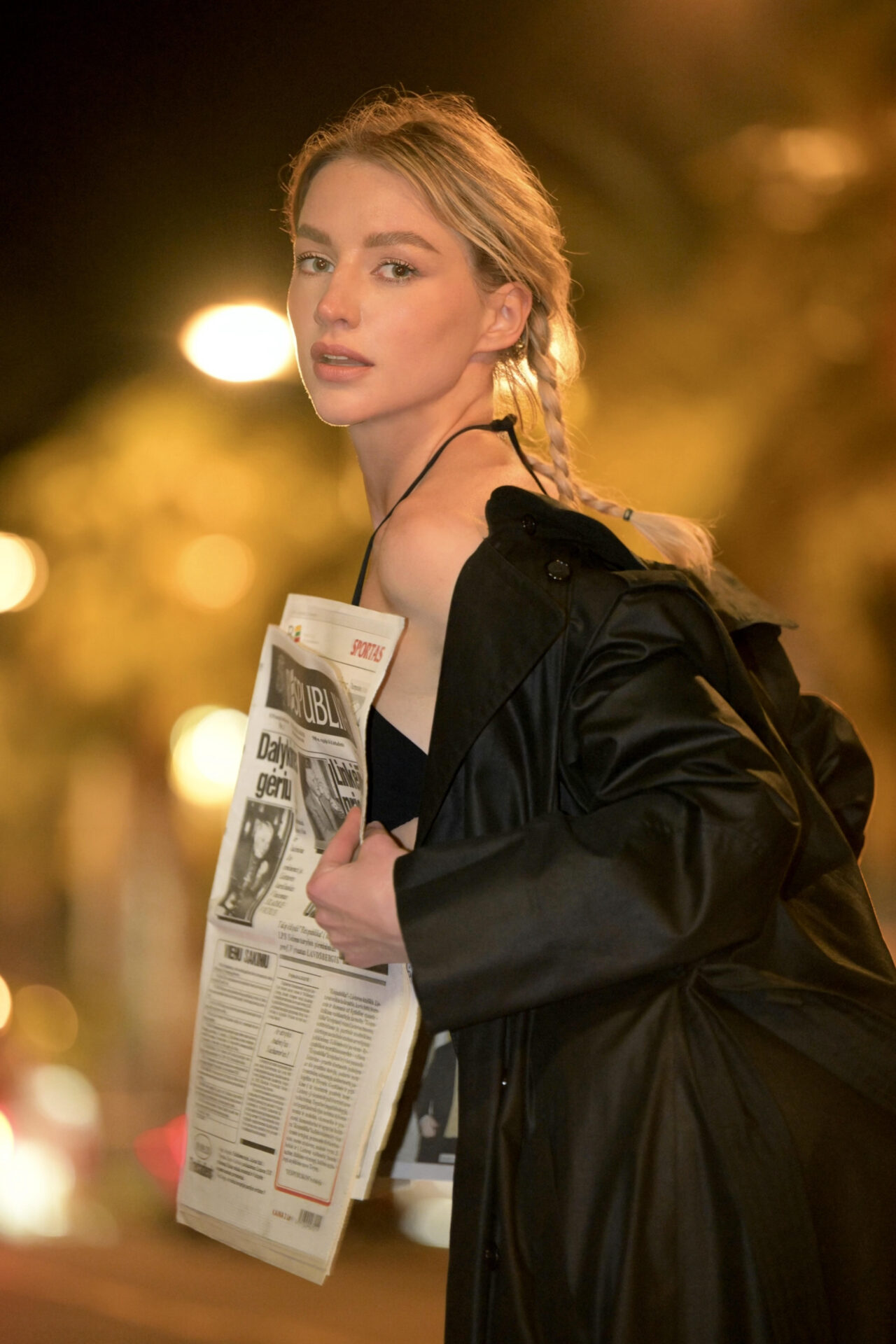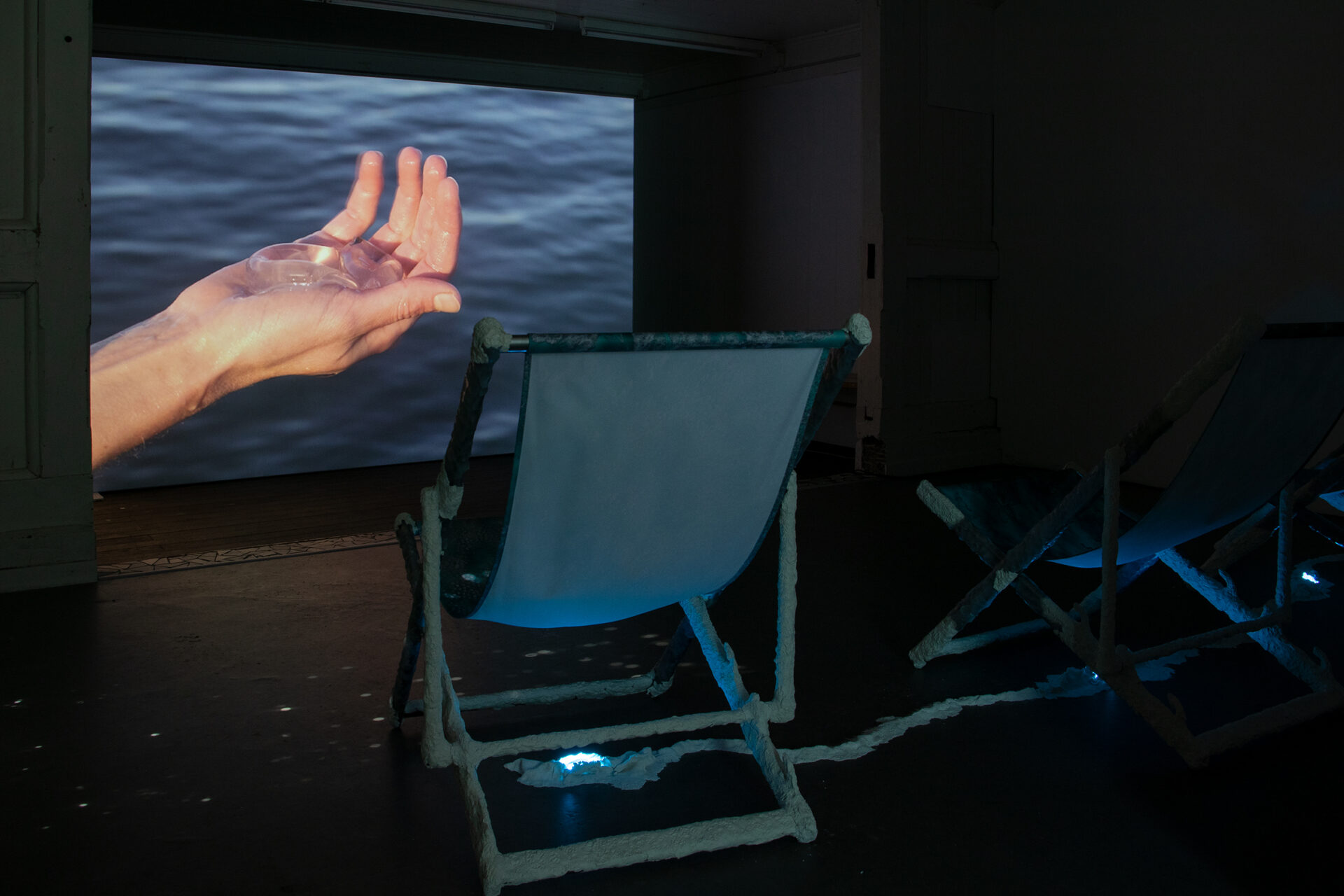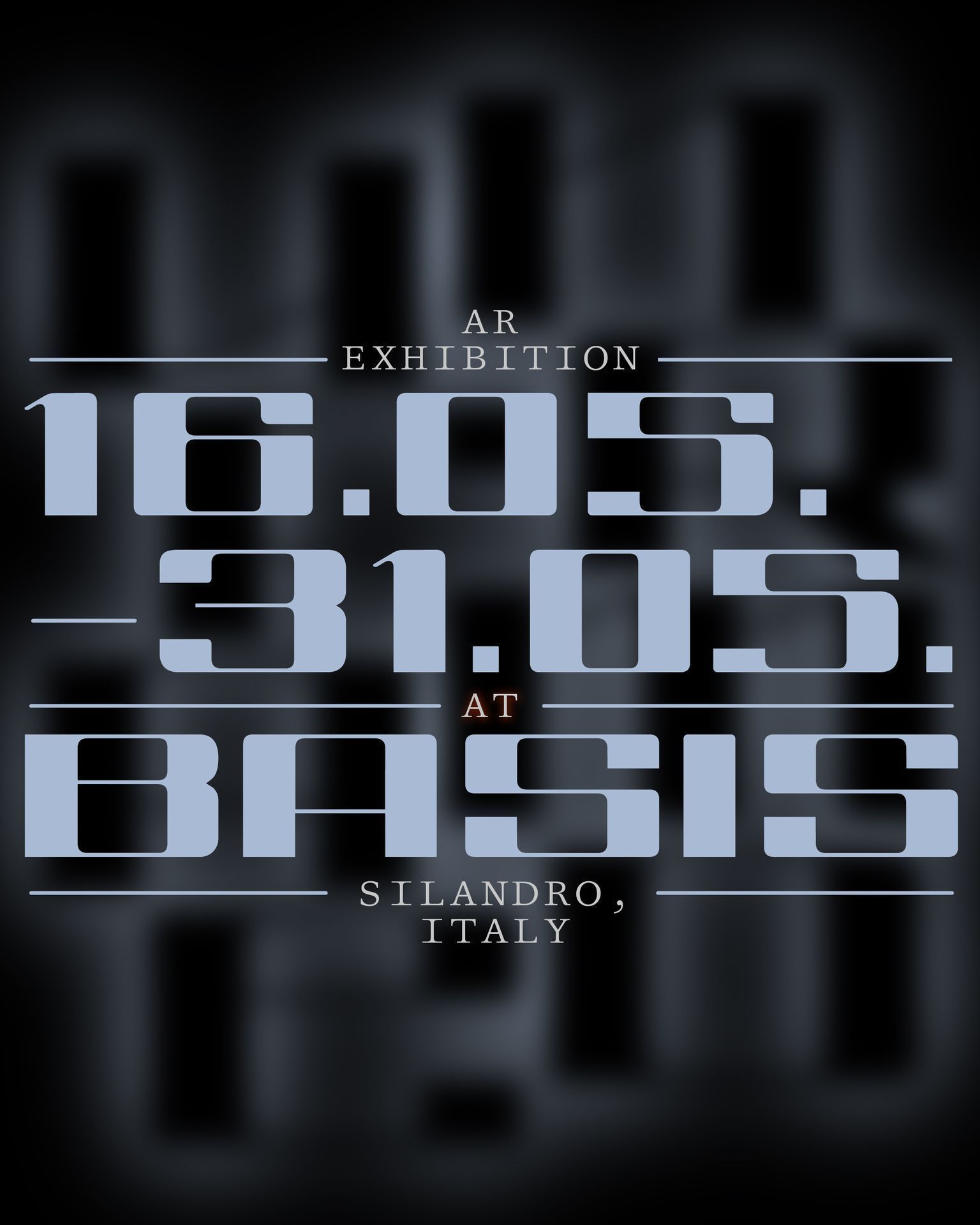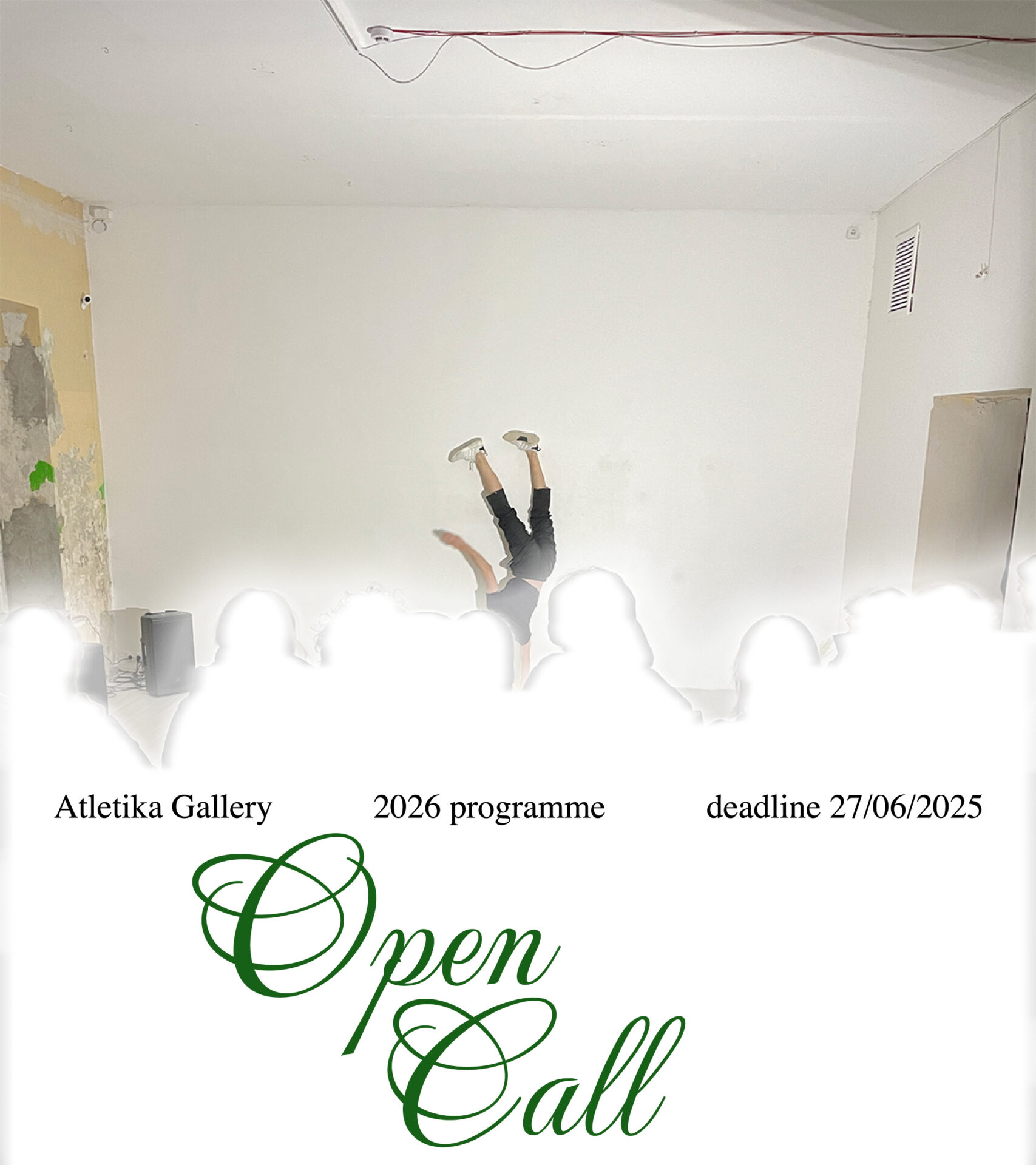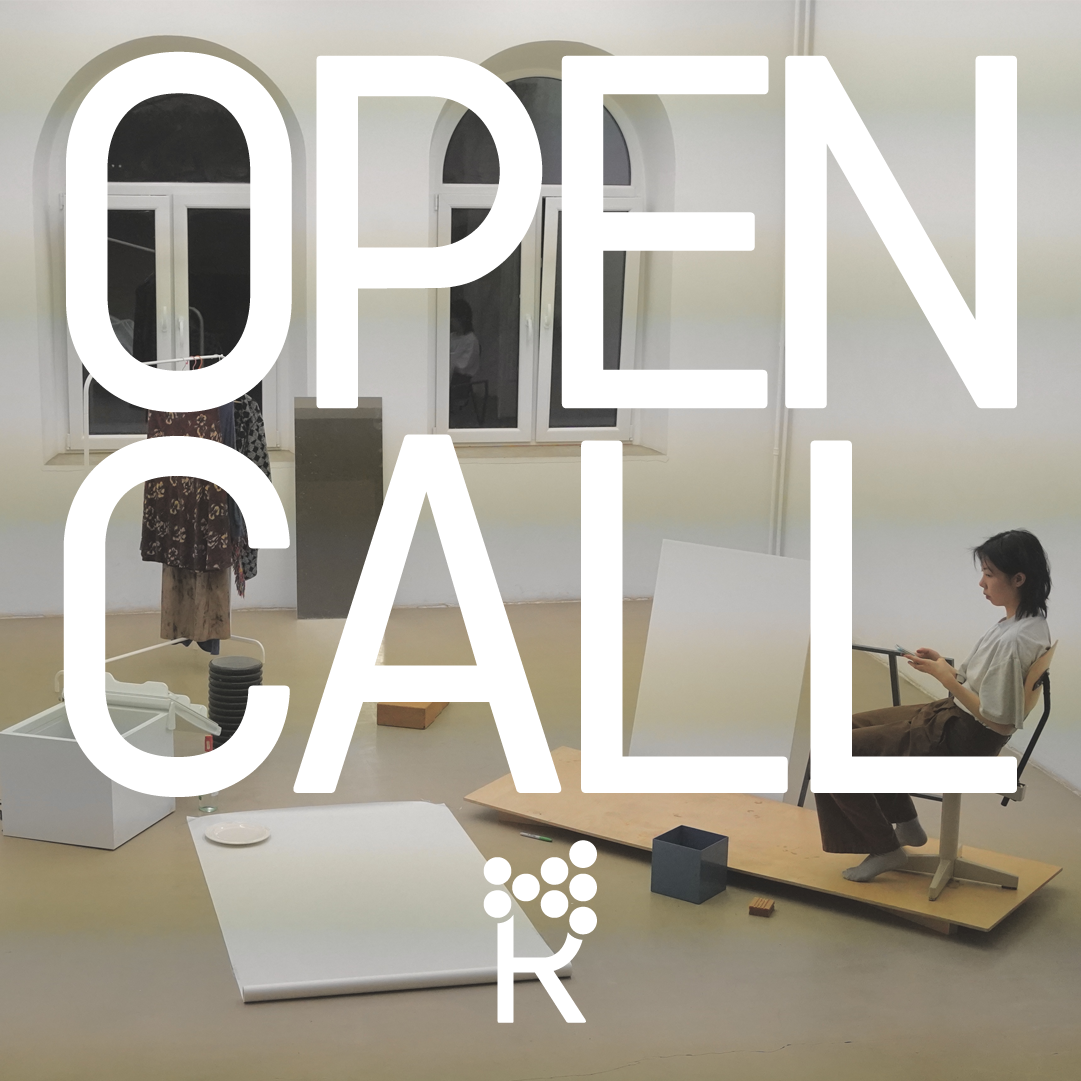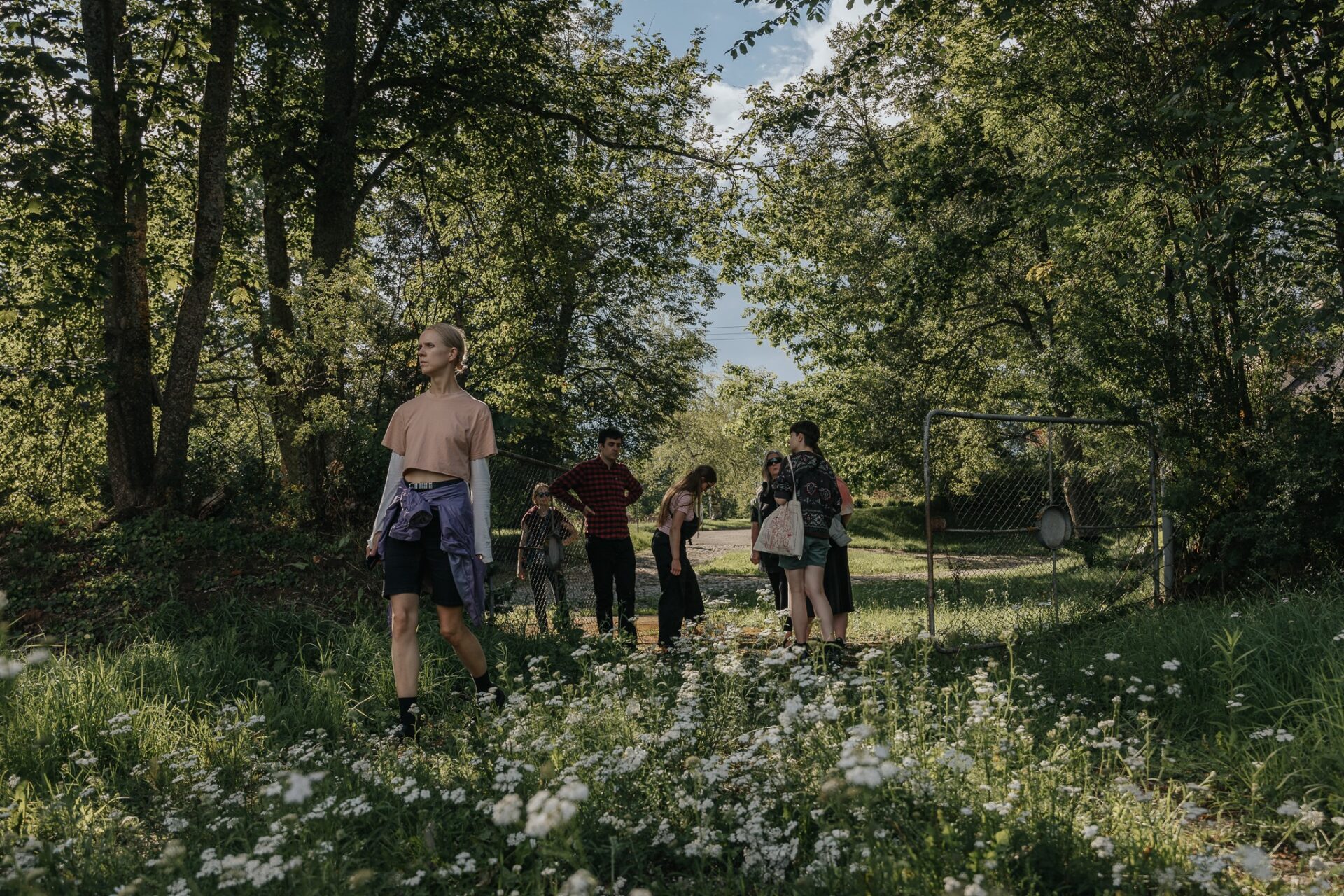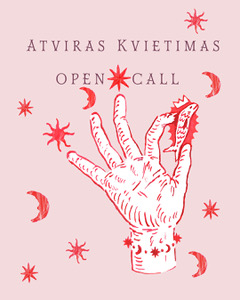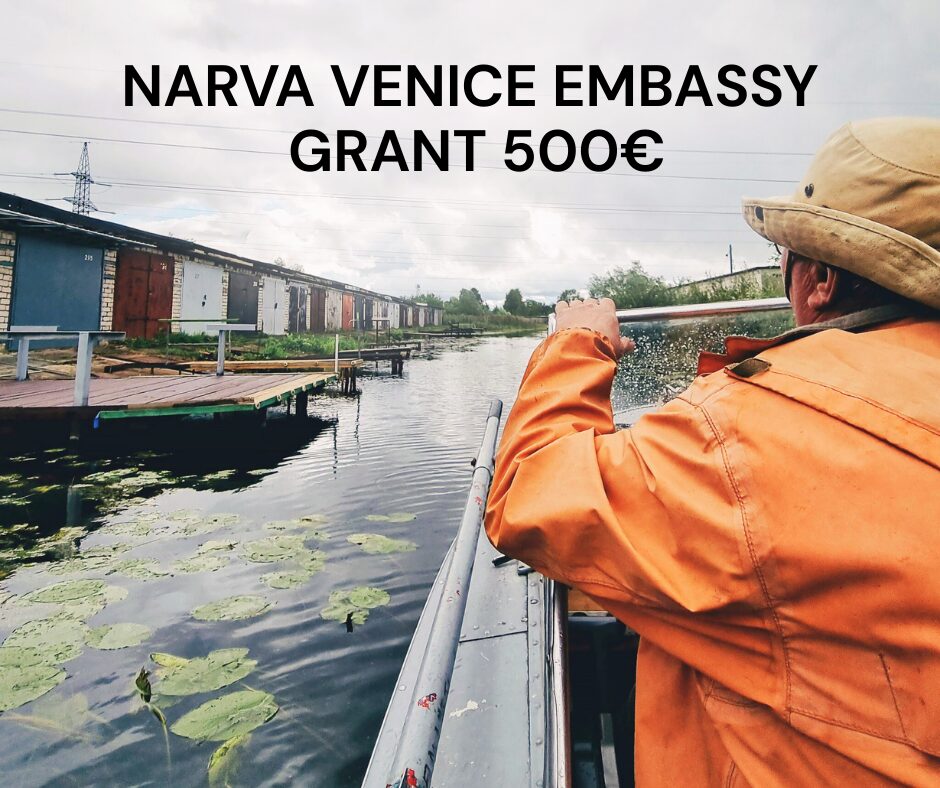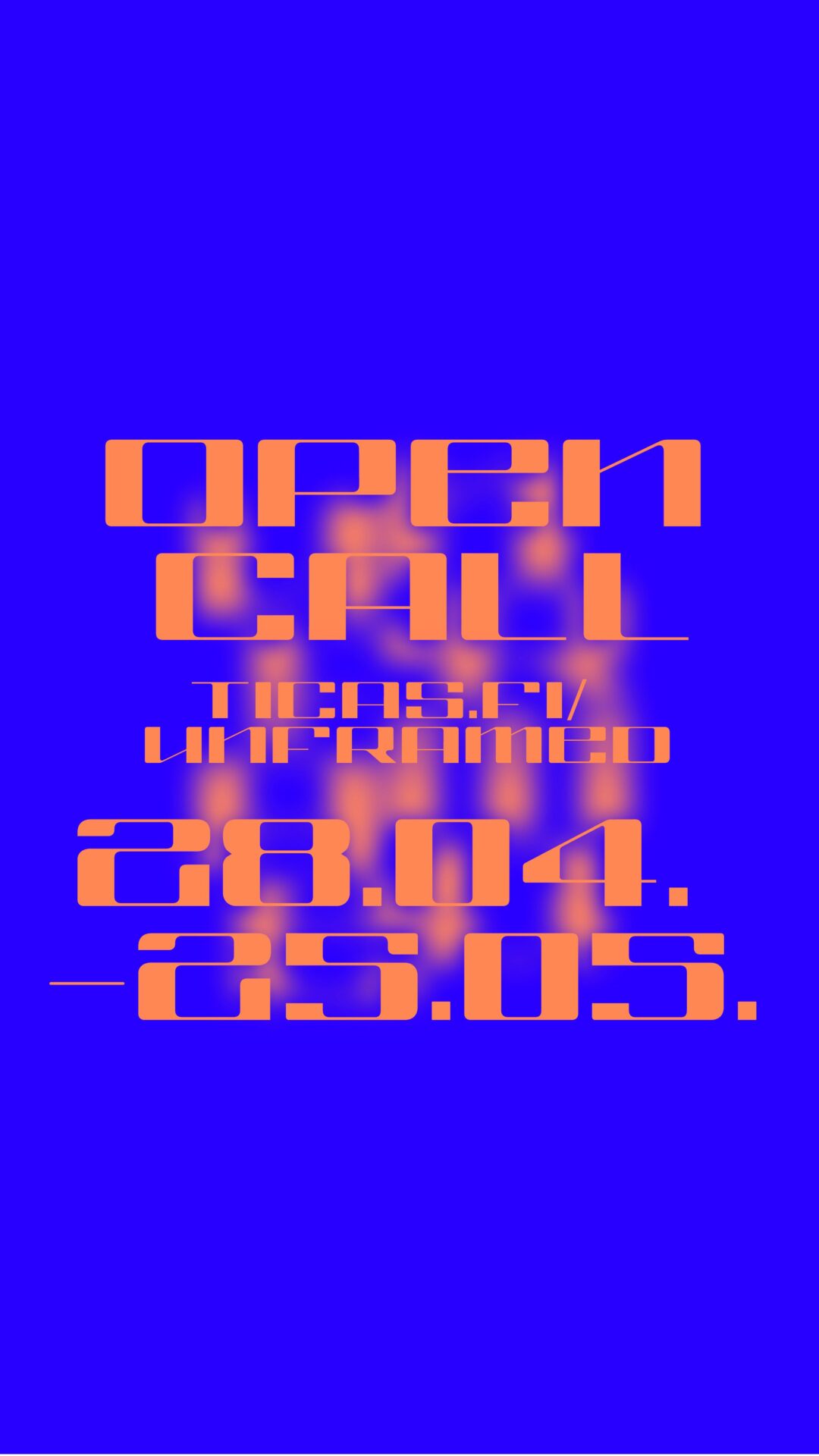January marks the launch of the moving image programme at Sapieha Palace. The inaugural season will focus on films by artists who actively question how we perceive and experience the world. These works encourage us to have a critical relationship with contemporaneity, question systems of knowledge and forms of representation, and focus on archives, memory, language, and feminist worldmaking. The screenings will be accompanied by meetings and conversations with the programme’s participants. The films will be screened on January 25, continuously from 11 am to 5:30 pm in the Great Hall of Sapieha Palace. After the last screening, from 5:30 pm to 6:30 pm, there will be a meeting with the artist. Get the tickets here.
The first guest of the programme is the London-born and based moving image artist and researcher Onyeka Igwe. Her work responds to the question: how do we live together? Rather than providing a rigid answer, Onyeka pulls apart the nuances of mutuality, co-existence and multiplicity. Her practice figures sensorial, spatial and counter-hegemonic ways of knowing as central to that task. For her, the body, archives and narratives, both oral and textual, act as a mode of enquiry that makes possible the exposition of overlooked histories.
Onyeka Igwe has had solo/two-person shows at Peer, London (2021), MoMA PS1, New York (2023), High Line, New York (2022), Mercer Union, Toronto (2021), Jerwood Arts, London (2019) and Trinity Square Video, London (2018). Her films have been screened in numerous group shows and film festivals worldwide. In 2024, she participated in the group exhibition Nigeria Imaginary in the national pavilion of Nigeria at the 60th Venice Biennial. She was awarded the New Cinema Award at the Berwick Film and Media Arts Festival in 2019, the 2020 Arts Foundation Fellowship, the 2021 Foundwork Artist Prize, and has been nominated for the 2022 Jarman Award and Max Mara Artist Prize for Women. Igwe is represented by Arcadia Missa.
Programme:
A Radical Duet, 2023, 29:00
What happened in 1940s London when two women of different generations, but both fighting against colonialism, came together to put their fervour and imagination into writing a revolutionary play?
The Miracle on George Green, 2022, 12:09
This film tells a collective social history of the UK tradition of the commons—land collectively owned and used to gather, play, and debate. The film centers around the George Green treehouse in East London. In the early 1990s, when the old sweet chestnut tree that housed the treehouse was threatened, people across the world wrote letters to the treehouse as part of a campaign to save it. From this story, the film expands inward to the artist’s recollections of the protests and outward through archival materials from other social collective sites: Diggers of the 17th century, radical summer camps in Upstate New York in the 1930s and 40s, anti-war protests of Greenham Common in the 1980s, squatting communities of road protest camps in the 1990s, and the outdoor raves of the 2000s.
a so-called archive, 2020, 19:40
The work interrogates the decomposing repositories of Empire with a forensic lens. Blending footage shot over the past year in two separate colonial archive buildings—one in Lagos, Nigeria, and the other in Bristol, United Kingdom—this double portrait considers the ‘sonic shadows’ that colonial images continue to generate, despite the disintegration of their memory and their materials. Igwe’s film imagines what might have been ‘lost’ from these archives, mixing genres of the radio play, the corporate video tour, and detective noir with a haunting and critical approach to the horror of discovery.
Specialised Technique, 2018, 07:00
William Sellers and the Colonial Film Unit developed a framework for colonial cinema, this included slow edits, no camera tricks and minimal camera movement. Hundreds of films were created in accordance to this rule set. In an effort to recuperate black dance from this colonial project, Specialised Technique, attempts to transform this material from studied spectacle to livingness.
Specialised Technique is part of No Dance, No Palaver, a series of three works, which cover research into the Aba Women’s War of 1929. All of the films use the first major anti-colonial uprising in Nigeria as an entry point to experiment with colonial moving images relating to West Africa during the first half of the 20th century. No Dance, No Palaver serves as an attempt to use critical proximity, being close to, with or amongst, the visual trauma of the colonial archive to transform the way in which we know the people it contains.
